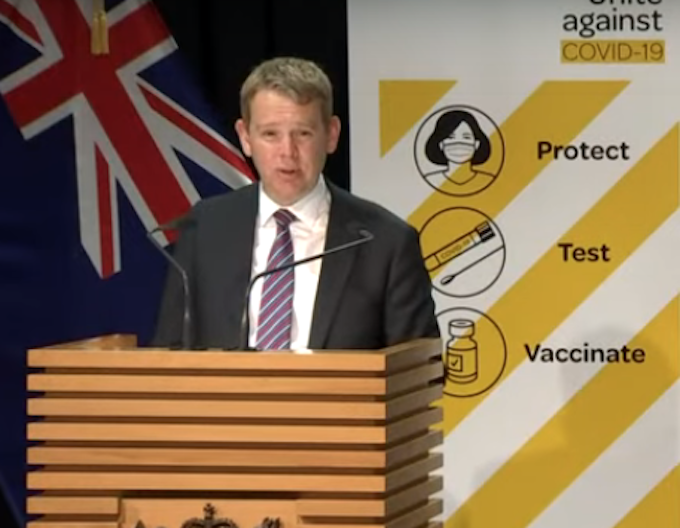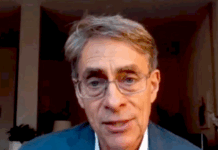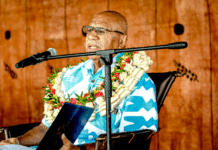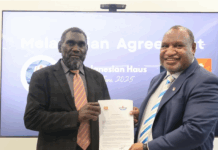
The New Zealand government revealed changes to MIQ (managed isolation and quarantine) today, with stays halving from 14 to seven days, followed by isolation at home for three days.
Covid-19 Response Minister Chris Hipkins and Director-General of Health Dr Ashley Bloomfield gave today’s update on the government’s response to the Delta outbreak.
There were 89 new community cases of covid-19 reported in New Zealand today — including two in Christchurch.
Watch it here
Today’s media briefing. Video: RNZ
Under the new MIQ regime, which will begin from November 14, arrivals must be fully vaccinated and will be tested on days 0, 3 and 6 and undertake a rapid antigen test before leaving MIQ, before a day-9 test at home.
He said this would free up about 1500 rooms a month in MIQ. Some of this would be taken up by community cases but some would go into the booking system for travellers from overseas.
Pacific border travel
The second step will be to reopen the border to low-risk travellers from Samoa, Tonga and Tokelau without isolation.
This one-way quarantine-free travel will begin from November 8.
The third step will allow more people to isolate at home, available to increasing numbers of travellers in the first quarter of 2022.
He said changes at the border will be linked to the traffic light system.
“The faster New Zealanders get fully vaccinated so that we can move to the traffic light system, the faster we’ll be able to open the border.”
He said New Zealanders will also understand that the government does not want to accelerate the spread of covid-19 around the country by lowering restrictions before we reach very high levels of vaccination.
Kiwis first priority
Hipkins said the first priority for allowing people into New Zealand was Kiwis and people who already had visas, followed by other groups like international students.
“Tourists are more of a challenge … what you will see though in the first part of next year will be quite different from the way we’ve been managing it over the past 18 months.”
Hipkins said stopping covid-19 at the border had been a priority and New Zealand’s ability to do so had led to levels of freedom over the past year and a half which were the envy of many other nations.
“As a country we owe a massive vote of thanks to our front-line MIQ and border workers,” he said.
Hipkins said in the meantime, the message to all New Zealanders was very simple – get vaccinated.
83 cases in Auckland
The Ministry of Health said 83 of the new community covid-19 cases were in Auckland and four are in Waikato.
Two were already reported in Christchurch yesterday, but the Hipkins said this afternoon that Cabinet had decided to keep the region at alert level 2.
Dr Bloomfield said there was one case in an MIQ worker, with work being done to identify if this was a community case.
Fifty of today’s cases remain unlinked. There are 293 unlinked cases from the past 14 days.
There are also seven cases in managed isolation
There are 37 people in hospital, with five in intensive care.
The four new community cases in Waikato today include three in Hamilton and one in Ôtorohanga, and are all contacts of existing cases.
Just three cases in the Waikato have not been epidemiologically linked to the outbreak, although they have been geneologically linked.
Yesterday there were 74 new community cases of covid-19 — 68 in Auckland and six in Waikato.
There have now been 2921 cases in the current delta outbreak.
This article is republished under a community partnership agreement with RNZ.













































